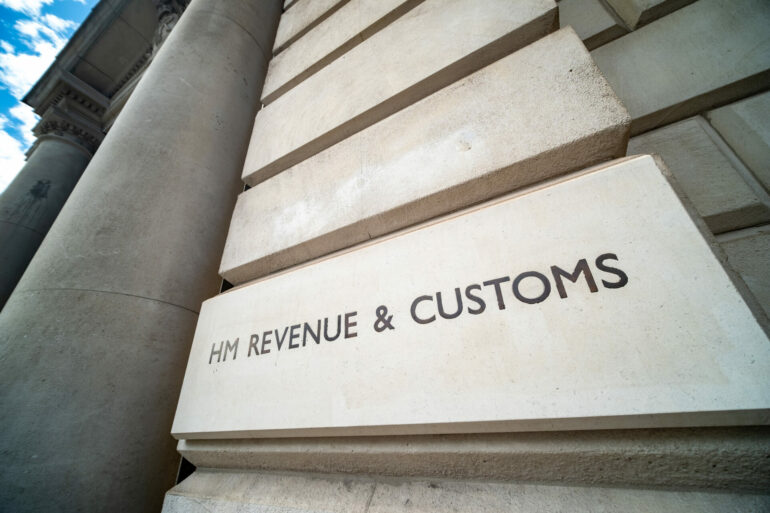The average Stamp Duty Land Tax bill on a second property in England in 2021-22 was over £16,000, according to Coventry Building Society’s analysis of HMRC annual Stamp Tax statistics.
Additional properties, such as buy-to-lets and second homes, are subject to an additional 3% Stamp Duty Land Tax charge.
The region paying the highest amount of Stamp Duty for a second property was London, with an average tax bill of £46,375 and an average property value of £775,000.
The region paying the lowest was North East with an average bill of £4,667 and an average property price of £143,000.
| Region/Country | Average Stamp Duty | Average property value |
| England | £16,436 | £361,164 |
| London | £46,375 | £775,000 |
| South East | £21,375 | £448,750 |
| South West | £14,833 | £339,667 |
| East of England | £14,333 | £341,167 |
| West Midlands | £8,600 | £245,800 |
| North West | £7,375 | £218,125 |
| East Midlands | £7,000 | £202,400 |
| Yorkshire and The Humber | £6,000 | £262,333 |
| North East | £4,667 | £143,000 |
The regional breakdown of the average Stamp Duty and property value of additional properties
Some 45% of Stamp Duty receipts came from additional properties in 2021-22, amounting to £4.5bn of the £10.2bn total.
The record amount of tax paid on additional property purchases in any tax year was achieved despite the first six months (April – September 2021) benefitting from reduced amounts because of the Stamp Duty holiday.
The Stamp Duty holiday extended the nil rate band so the first £500,000 (and later £250,000) was exempt from ordinary rates of Stamp Duty. Those buying additional properties benefitted from the extended thresholds, but still had to pay the 3% surcharge.
Jonathan Stinton, head of intermediary relationships at Coventry Building Society, said: “The amount being spent on Stamp Duty for second properties is eye opening but unsurprising as it was designed to increase the tax take.
“Since the 3% surcharge was introduced in 2016 the average tax bill on an additional property has not dipped below £14k – that serves as a disincentive for any would-be landlords looking to enter the private rental sector.
“The country needs a strong private rental sector to help provide homes for those who are waiting to buy or simply choosing not to buy.
“A shortage of landlords could become a problem for those looking to rent, as fewer rental properties could make finding a home more difficult as well as pushing rent payments even higher.”



